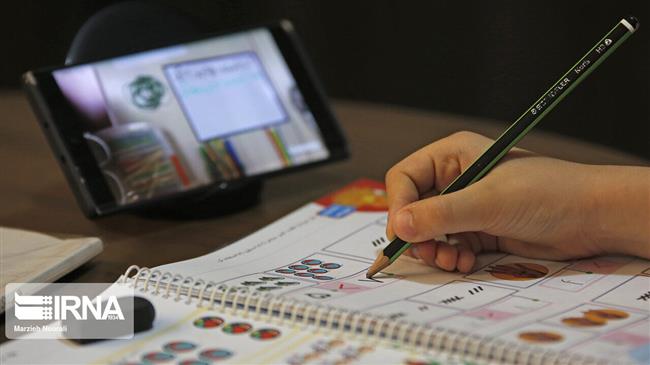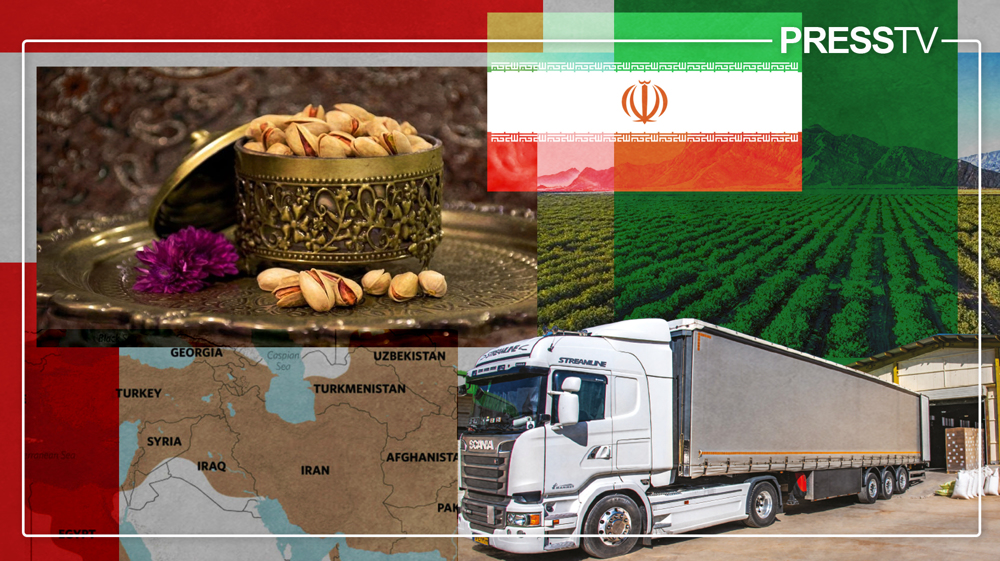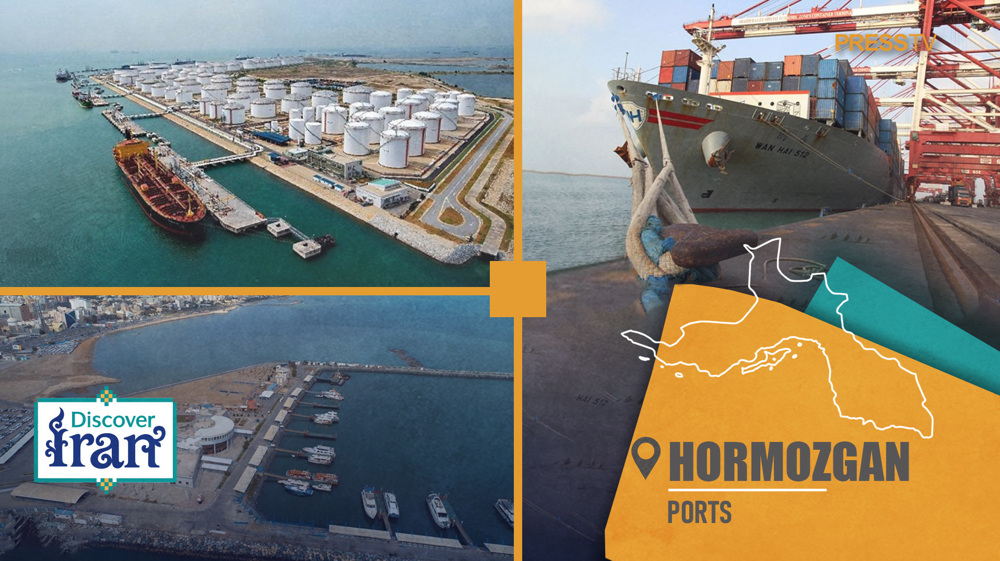Iran’s mobile internet capacity up by 30% with access to new bandwidth
Iran’s telecoms ministry says high-speed mobile internet capacity in the country would increase by 30% now that the two main mobile operators have access to a new bandwidth.
Hossein Fallah, a deputy telecoms minister, said on Wednesday in a tweet that Iran’s communications regulatory body had issued licenses for the first operator the MCI and its rival the Irancell to access the 2,300 MHz band.
Fallah said that once fully deployed by the two operators after the installation of equipment, the new band will increase the capacity of fourth generation (4G) internet in Iran by 30%.
The 2,300 MHz band is popular among mobile operators for its wide spectrum and short range as it allows service providers to cover a large number of customers in densely-populated areas.
Iran’s regulatory authority CRA had decided in March to allocate the bandwidth through holding an auction between the mobile operators in the country.
The decision came after demand for internet services in Iran soared amid the spread of the coronavirus pandemic which had caused many services to move online.
Mobile internet accounts for a bulk of high-speed network in Iran where over 125 million SIM cards are active. That comes as the total number of fixed internet customers in the country is below 8.5 million, according to a CRA report published in October.
Iran’s Association of Mobile Phone Importers said on Wednesday that the number of mobile phones switched on for a first time on the network had topped 1.85 million in the month to late June.
Russia slams ‘unacceptable’ US pressure on Cuba as Trump seeks oil cutoff
Epstein advised ex-Israeli PM Ehud Barak to cooperate with US AI firm Palantir
Iran, US to hold nuclear talks in Istanbul: Report
Israeli strikes kill at least one, injure several people in south Lebanon
VIDEO | Imam Khomeini at Iran’s Neauphle-le-Château: Revolutionary influence in France
VIDEO | Press TV's news headlines
Israel holds 766 Palestinian bodies, nearly half since October 2023: Report
VIDEO | A new lease of life











 This makes it easy to access the Press TV website
This makes it easy to access the Press TV website